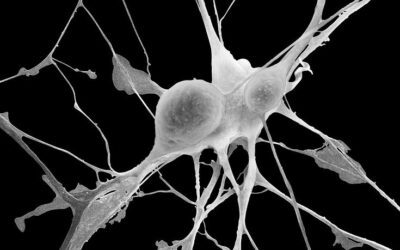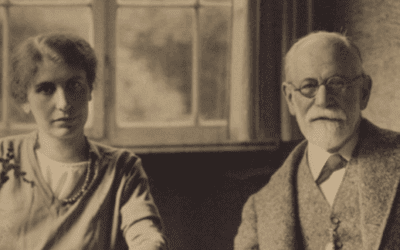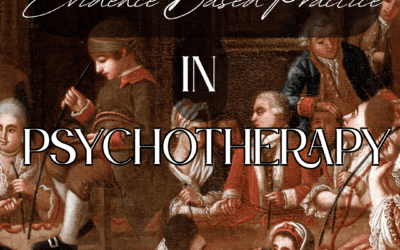What is Meditation?

Meditation has gained widespread popularity in recent years as a powerful tool for promoting mental health, reducing stress, and enhancing overall well-being. This beginner’s guide explores the numerous benefits of meditation and provides practical tips for starting your own practice.
Benefits of Meditation
Stress Reduction:
Meditation has been shown to reduce stress and anxiety by promoting relaxation and decreasing levels of cortisol, the primary stress hormone.
Emotional Well-being:
Regular meditation practice can help improve mood, increase self-awareness, and foster a greater sense of inner peace and contentment.
Improved Focus and Concentration:
Meditation trains the mind to be more present and focused, enhancing cognitive function and mental clarity.
Better Sleep:
Meditation can help alleviate sleep disturbances and promote more restful, restorative sleep.
Physical Health Benefits:
Meditation has been linked to various physical health benefits, such as lowering blood pressure, boosting immune function, and reducing chronic pain.
Getting Started with Meditation
Find a Quiet Space:
Choose a quiet, comfortable spot where you can sit undisturbed for the duration of your meditation practice.
Set a Time Limit:
Begin with short sessions, even just 5-10 minutes, and gradually increase the duration as you become more comfortable with the practice.
Maintain a Comfortable Posture:
Sit comfortably with your back straight, either on a cushion on the floor or in a chair with your feet planted firmly on the ground.
Focus on Your Breath:
Bring your attention to your breath, observing the sensation of the air moving in and out of your nostrils or the rise and fall of your chest.
Be Kind to Your Wandering Mind:
It’s natural for the mind to wander during meditation. When you notice your thoughts drifting, gently redirect your focus back to your breath without judgment.
Types of Meditation
There are various types of meditation practices, each with its own unique focus and techniques. Some popular types include:
- Mindfulness Meditation: Involves observing thoughts, feelings, and sensations without judgment, fostering a greater sense of present-moment awareness.
- Loving-Kindness Meditation: Focuses on cultivating feelings of love, compassion, and goodwill towards oneself and others.
- Transcendental Meditation: Involves the repetition of a personalized mantra to promote deep relaxation and inner peace.
- Guided Meditation: Utilizes verbal cues and visualizations to guide the mind into a meditative state, often focusing on specific themes or goals.
While the benefits of meditation are well-documented, it’s important to acknowledge that establishing a consistent practice can be challenging. Some common obstacles include restlessness, discomfort, and difficulty quieting the mind. However, with patience and persistence, these challenges can be overcome.
It’s also worth noting that meditation should not be viewed as a panacea for all mental health concerns. While it can be a valuable complementary practice, it should not replace professional treatment for individuals dealing with serious mental health issues.
In conclusion, meditation offers a wide range of benefits for both mental and physical well-being. By starting with a simple, consistent practice and exploring different types of meditation, beginners can unlock the transformative power of this ancient tradition and cultivate a greater sense of inner peace and resilience.
Types of Therapy


























0 Comments